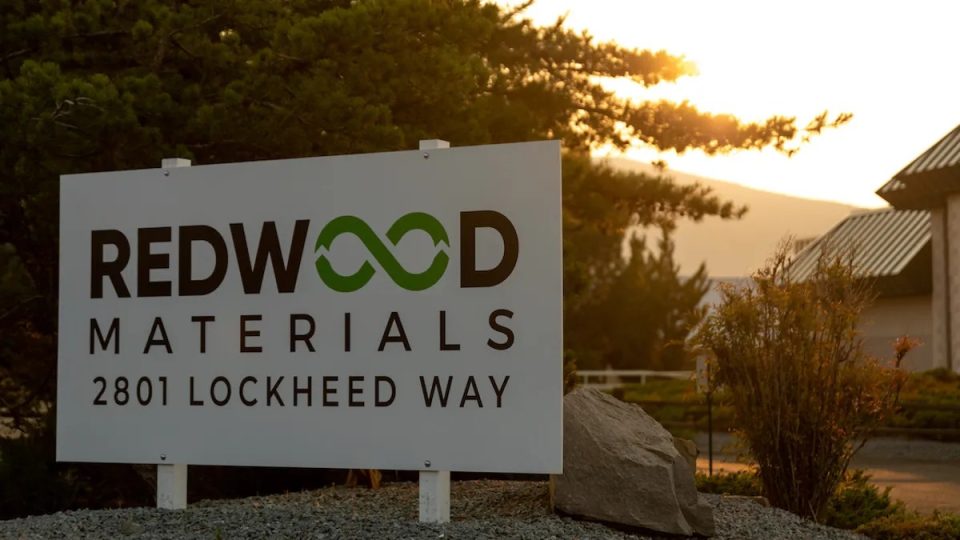On Tuesday, US startup Redwood Materials said Japan’s Toyota Motor had become the latest auto industry giant to join its comprehensive electric vehicle (EV) battery recycling and remanufacturing programme.
Redwood Materials, whose partners include automaker Ford Motor and EV battery maker Panasonic Holdings, is building a closed-loop battery ecosystem to lower EV costs by reducing reliance on imported materials while reducing environmental impact.
CEO and founder JB Straubel said in an interview that the five-year-old company had focused initial efforts on a 175-acre campus in Northern Nevada, with plans to build another complex in the Southeastern US.
The new plant will be able to power Toyota’s planned $1.3 billion (nearly Rs 10,000 crore) battery plant in North Carolina and Ford’s planned battery plant in Tennessee and Kentucky in partnership with SK On, a subsidiary of South Korea’s SK Innovation.
Redwood Materials is increasing the production of anode and cathode assemblies to 100 GWh by 2025, enough to supply batteries for 1 million electric vehicles per year, and to 500 GWh by 2030, enough to supply 5 million or more electric vehicles per year, said Straubel, Co-founder, Tesla.
Tesla CEO Elon Musk has said the electric car maker expects to produce as many as 20 million electric vehicles a year by 2030, industry forecasters said; compared with global EVs, Tesla’s Total production could be as high as 40 million.
Straubel said Redwood Materials is in various discussions with Tesla, but no deal has been announced. Tesla’s partners also include Panasonic.
Toyota has been building hybrid electric vehicles under the Prius name for over two decades. The average lifespan of a car is about 12 years, and some early Prius models will reach their end of life.
Once out of service, their nickel-metal hydride batteries can be recycled, and materials such as nickel and copper can be reintroduced into the battery supply chain, where they can be replenished with raw materials from the mine.





